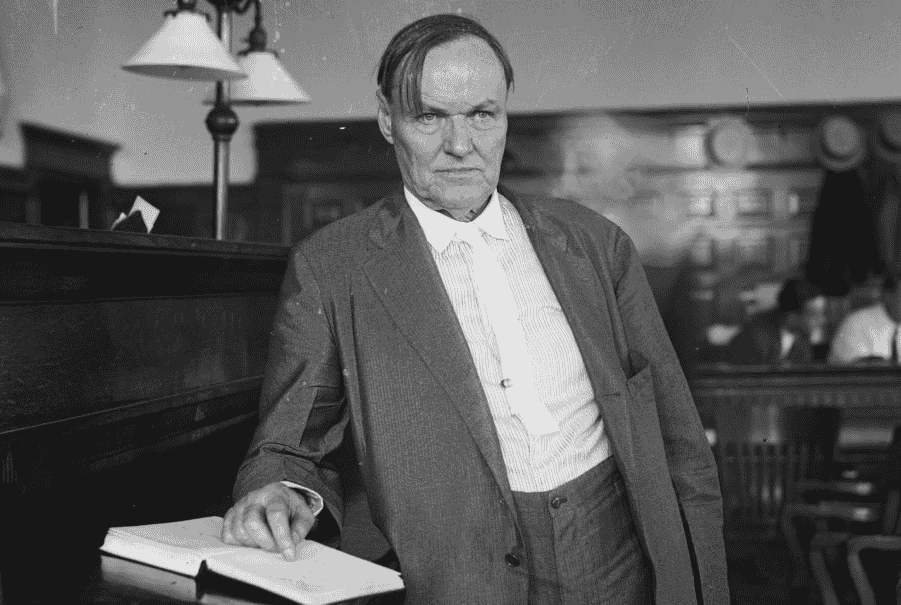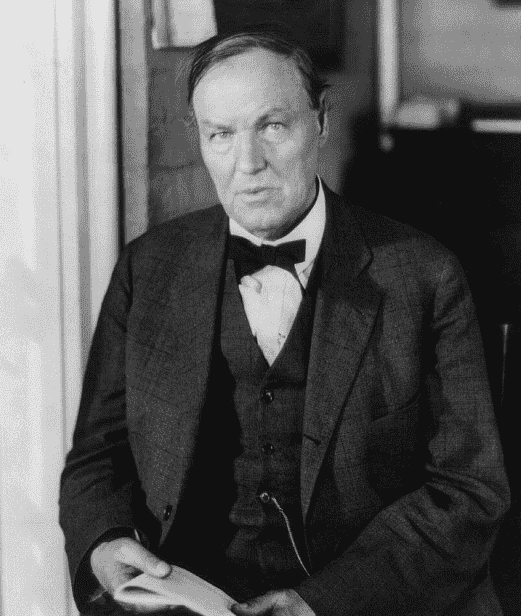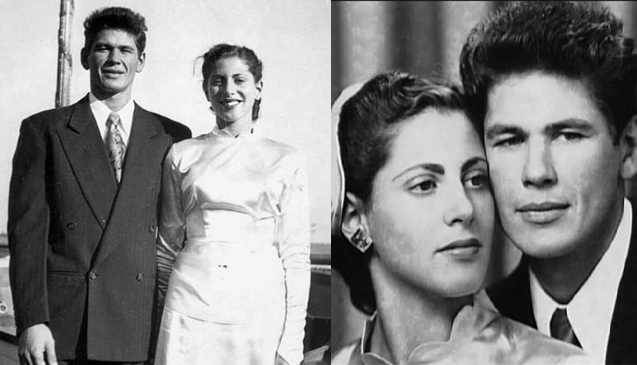Clarence Darrow remains one of the most celebrated and controversial attorneys in American history. Famous for his eloquence, fierce defense of civil liberties, and handling of high-profile cases, Darrow left an indelible mark on the legal profession. Beyond the courtroom, his personal life and posthumous wishes, including the scattering of his ashes in the Columbia Basin, add layers to his mystique. This article explores Darrow’s family, career, famous trials, and his final journey to the windswept landscapes of the Columbia Basin.
Early Life and Family Ties: The Roots of a Fighter
Born on April 18, 1857, in Kinsman, Ohio, Clarence Darrow was raised in a family that valued education and independent thinking. His father, Amirus Darrow, was a carpenter and freethinker who influenced Clarence’s progressive views. His mother, Emily Eddy Darrow, instilled in him a love for learning. These values laid the foundation for his lifelong advocacy for justice and equality.
Darrow married Jessie Ohl in 1880, but their union ended in divorce. He later married Ruby Hammerstrom, a writer and suffragist, who shared his intellectual passions. Though he had no children with Ruby, Darrow remained devoted to his extended family. His personal relationships, shaped by a mix of intellectualism and empathy, reflected the same zeal he brought to his legal career.

Champion of Labor: Defending the Underprivileged and Marginalized
Darrow’s early career was defined by his commitment to labor rights and social reform. He began his legal journey in Ohio, but his ambitions led him to Chicago, where industrial conflicts were rife. Darrow famously defended Eugene V. Debs, a socialist labor leader, during the 1894 Pullman Strike. His representation of the United Mine Workers and other unions earned him a reputation as a champion of the working class.
Despite his success, Darrow’s career was not without controversy. Accusations of bribery during the McNamara trial in 1912 tarnished his reputation temporarily. Yet, he emerged resilient, steadfast in his belief that the law should serve justice, not corporate or political interests. His unwavering commitment to workers’ rights set the stage for his later successes.
Criminal Defense Icon: Leopold and Loeb, Scopes, and More
Clarence Darrow’s transition from labor advocate to criminal defense attorney brought him national fame. The Leopold and Loeb case of 1924, in which Darrow defended two wealthy young men accused of murder, remains one of his most notable cases. His defense, focusing on psychological factors and arguing against the death penalty, was a pioneering moment in criminal law.
Equally iconic was the 1925 Scopes Trial, where Darrow defended a Tennessee teacher accused of teaching evolution in defiance of state law. His sharp cross-examination of William Jennings Bryan, a leading proponent of creationism, symbolized the clash between modern science and traditional values.
Darrow’s career reflected his belief that understanding human behavior and context was critical to justice. His skillful oratory, coupled with his deep empathy, made him a formidable force in the courtroom.

Ashes in the Columbia Basin: A Final Wish Fulfilled
Clarence Darrow passed away on March 13, 1938, at the age of 80. His death marked the end of a life dedicated to justice and reform. In keeping with his unconventional spirit, Darrow requested that his ashes be scattered over the Columbia Basin in Washington State. The choice of this location remains enigmatic, sparking curiosity among historians and admirers.
The Columbia Basin, with its vast, rugged landscapes, represented the boundless freedom Darrow cherished. The act of scattering his ashes there was a symbolic gesture, reflecting his detachment from tradition and his enduring connection to nature. To this day, the Columbia Basin stands as a quiet testament to Darrow’s extraordinary legacy.
The Philosophical Lawyer: A Mind Ahead of Its Time
Darrow’s philosophical outlook was as compelling as his legal acumen. A staunch agnostic, he often questioned societal norms and championed free thought. His writings, including Resist Not Evil and The Story of My Life, provide a window into his complex mind and his unyielding commitment to justice.
Darrow believed in rehabilitation over punishment, often opposing the death penalty and advocating for reforms in the criminal justice system. His eloquence extended beyond the courtroom, inspiring generations of lawyers, activists, and thinkers. His philosophy was rooted in the belief that humanity’s flaws deserved understanding, not condemnation.
Conclusion: Clarence Darrow’s Enduring Influence
Clarence Darrow’s life was a tapestry of intellectual brilliance, moral courage, and relentless advocacy. From his humble beginnings in Ohio to the courtroom dramas that defined his career, Darrow exemplified the power of law as a force for good. His ashes scattered in the Columbia Basin are more than a footnote in history; they are a poignant reminder of a man who sought freedom and truth above all.
As we reflect on his legacy, Darrow’s words continue to resonate: “You can only protect your liberties in this world by protecting the other man’s freedom. You can only be free if I am free.” His life and philosophy remain a beacon for those who strive to make the world a more just place.
FAQs about Clarence Darrow
Who was Clarence Darrow?
Clarence Darrow was a prominent American lawyer known for defending high-profile cases such as the Leopold and Loeb trial, the Scopes “Monkey” Trial, and various labor union cases.
What is the story behind Clarence Darrow’s ashes?
Darrow requested that his ashes be scattered over the Columbia Basin in Washington State, a symbolic act reflecting his love for nature and freedom.
What were Clarence Darrow’s most famous cases?
His most famous cases include the Leopold and Loeb murder trial, the Scopes Trial (debating evolution vs. creationism), and the defense of labor leader Eugene V. Debs.
Did Clarence Darrow write any books?
Yes, Darrow wrote several books, including Resist Not Evil and his autobiography, The Story of My Life.
What was Clarence Darrow’s philosophy?
Darrow was an agnostic and a humanist who believed in understanding and rehabilitating rather than punishing human flaws.
How did Clarence Darrow influence modern law?
Darrow’s arguments against the death penalty, his defense of civil liberties, and his pioneering use of psychological evidence have had a lasting impact on modern legal practices.




